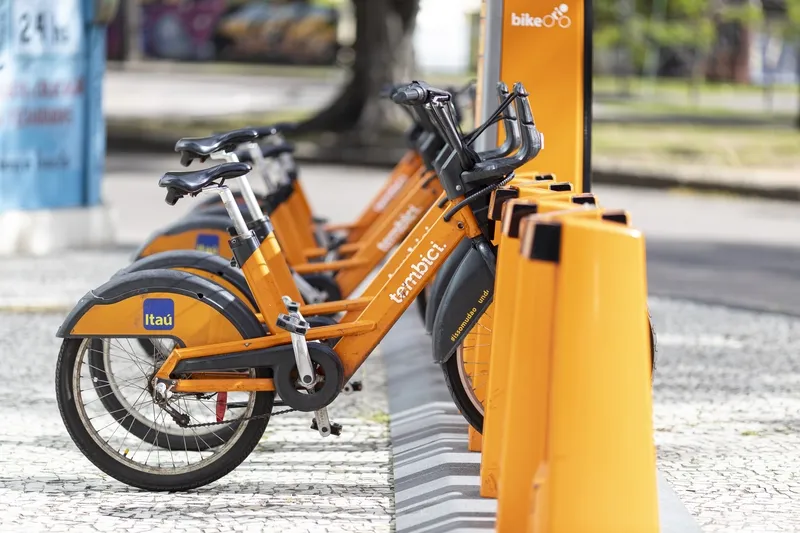
By identifying tangible KPIs any city can better understand how successful they are in providing new mobility options such as bike-sharing schemes, electric scooters and walkways to their communities.
While micromobility services have arrived at unprecedented speed and scale to cities, urban authorities are often ill-prepared to manage them, according to Ramboll in a new report called Achieving Sustainable Micromobility.
This will also help allay the fears of opponents to micromobility schemes by helping them understand what is being planned and how its performance will be measured.
The 38-page report – available as a free download - proposes the establishment of 12 strategic goals within a generally defined set of common aims to make it easier to benchmark schemes.
It comes as countries around the world are attempting to emerge from the Covid-19 crisis where national lockdowns have forced people in cities to do more walking and bicycling.
Once travel restrictions are lifted, it is likely that micromobility modes of transport will form a much larger part of daily city life.
As well as direct travel, for the health-conscious urban commuter micromobility offers safety and sustainability, both of which have shot up the public agenda in recent weeks, according to Ramboll.
But judging the success of this transportation needs effective benchmarking amid the setting of strategic goals for the systems.
“Acceptance from the community at large, is one of the universal strategic goals identified in the report,” said Elad Eisenstein, cities and regeneration director at Ramboll UK.
“Through the adoption of policies and infrastructure, for example, acceptance can be significantly improved by tackling areas of greatest concerns and at the same time offer emission-free and affordable ways of moving around.”
A large range of stakeholders have contributed to the development of the framework - 15 cities, public transit agencies, micromobility operators and regional expert organisations provided perspectives, anecdotes, experiences and data that underpin the report’s conclusions.
The report notes that in terms of volume and relevance, the two primary elements are clearly bike-share and e-scooters.
While the management of bike-share services is well understood in many cities, e-scooters are still largely misunderstood and much more difficult to manage.
The number of micromobility trips has more than doubled since 2017 and most of the growth has come from an e-scooter market that was non-existent in 2017.









